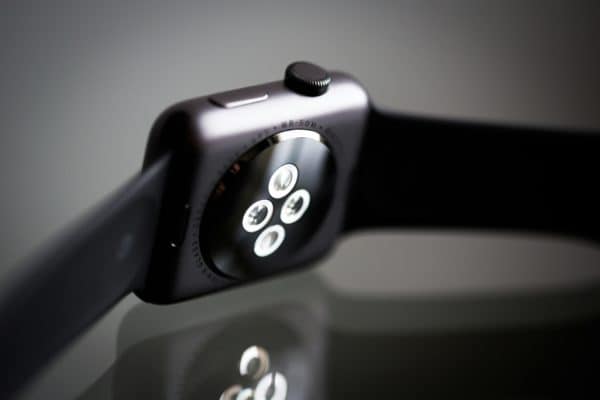As search engine optimization (SEO) specialists, exciting times are ahead as we look forward to merging the enhanced user experience and personalization possibilities of wearable tech with the predictive powers of the cloud and user-tracking services like those from Google, Microsoft and Apple. Already, the anticipated integration of wearables in our everyday lives are opening new opportunities for brands to engage with users in more intelligent ways, helping them to tailor content and search results specifically to individual preferences and interactions. In this post, let’s look at how wearable tech is revolutionizing SEO and how it will inform future digital interactions that are more relevant, engaging and responsive to the needs and desires of individual users.

Embracing Wearable Data for Deeper Insights
Perhaps the most exciting tools to come online are smartwatches and fitness bands – wearable devices that produce a lot of useful data regarding user behavior, habits, and daily activities. The more focused this data is, the more personalized marketing will become, including tighter SEO targeting. This allows for the storage and analysis of users’ personal data, behavior, and buying patterns. Armed with such detailed data, companies will be able to optimize their content and convert more page views in a very targeted niche. Another way to increase SEO personalization is to make the user hunt for the items listed in search results. For those interested in the latest wearable tech trends and gadgets, Gearfuse.com offers insightful reviews and updates on the newest devices hitting the market.
The Shift to Real-Time SEO
Thanks to wearable technology, SEO is becoming more dynamic, focusing on the immediate context and needs of the user. This approach enables search results to be customized based on what the user is doing, where they are, or even how they’re feeling at the moment. For businesses, this means adopting a more flexible SEO strategy that can quickly adapt to provide relevant and timely content to users.
Crafting Personalized Content
Personalization is at the heart of wearable tech’s influence on SEO. With a deeper understanding of individual user behaviors, brands have the opportunity to create content that directly addresses the user’s specific interests and needs. This level of customization not only makes search results more relevant but also deepens the user’s engagement with the content, building a stronger and more meaningful connection.
Boosting Local SEO with Wearable Insights
GPS and the motion sensors in wearables have relevancy for location-based data in local SEO. This way, they can present the content or offers according to the location of user access. This comes in handy for converting local customers to your site. If you offer a discount to someone who is within a quarter mile radius, versus someone who is three miles-away, the one closest to your location is more likely to stop by.
Ethical Considerations in the Use of Wearable Data
With wearable technology now linked with SEO, how should we think about the ethics of using such personal data? Online brands need to take responsibility for the way they collect and use data and ensure that their practices are open and above-board. Strategies must ensure that users feel valued rather than exploited. Responding to ethical issues will be vital for the future of this personalized search experience.
Looking Ahead: Innovation at the Forefront
It’s a monumental shift in search towards more personalized and relevant experiences that ultimately connect with humans in a more personal, intimate way as a result of wearable tech and SERPs. Here’s to the search marketers who, in the upcoming years, will step up, innovate and create personalized search experiences that connect with humans, one at a time. The fusion of AI with wearable technology opens up new frontiers in creating highly customized user experiences. AI’s ability to analyze vast datasets from wearable devices in real-time means it can predict user needs even before they articulate them, making search experiences not just responsive but anticipatory. For instance, AI can identify patterns in a user’s physical activity and search preferences to suggest content that motivates or educates, precisely when the user is most likely to engage.
Moreover, AI can refine voice search capabilities in wearable devices, making interactions more natural and intuitive. As voice queries become more common, optimizing content for voice search through AI-driven insights from wearable tech will be a game-changer. This not only enhances accessibility but also makes digital content more conversational and user-friendly.
Integrating AI also means that SEO strategies can become more adaptive and resilient to changing user behaviors. By continuously learning from user interactions, AI can help SEO strategies to evolve, ensuring that content remains relevant and engaging over time. This dynamic approach to SEO, powered by AI and wearable tech, promises a future where digital experiences are not only personalized but also perpetually aligned with user expectations and preferences. In this rapidly evolving landscape, it’s essential for marketers and businesses alike to keep abreast of the latest developments and adapt their SEO strategies accordingly. Whether it’s understanding the nuances of voice search optimization or leveraging the predictive capabilities of AI for content personalization, staying informed is key. For more insights on adapting your SEO strategy in an ever-changing digital environment, check this out.
 Gearfuse Technology, Science, Culture & More
Gearfuse Technology, Science, Culture & More


